There are so many prescribed drugs in the world for a countless number of varying conditions. In fact, many have found themselves questioning if these drugs are actually being over-prescribed by medical professionals or if they are simply just doing their jobs and assisting their patients in coping with their ailments. When one looks at the incredibly large numbers of the top prescribed drugs in the world each year, the numbers are in fact, quite striking.
There had been apparent confusion as to the color and content of a certain B705 blue pill. This has led to situation where patients are unable to make informed decision about pills in their custody.
Available information indicates that both B705 orange, elliptical / oval pill and the B706 blue, elliptical / oval pill both contain Alprazolam and are both supplied by Breckenridge Pharmaceutical, Inc. However, while the orange pill with imprint B705 contain 0.5 mg Alprazolam, the B706 blue, elliptical pill contains 1mg Alprazolam.
Why is this medication prescribed?
B705 and the blue 706, elliptical pill contain Alprazolam which is used to treat anxiety disorders and panic disorder (sudden, unexpected attacks of extreme fear and worry about these attacks). Alprazolam is in a class of medications called benzodiazepines. It works by decreasing abnormal excitement in the brain.
How should this medicine be used?
Alprazolam comes as a tablet, an extended-release tablet, an orally disintegrating tablet (tablet that dissolves quickly in the mouth), and a concentrated solution (liquid) to take by mouth. The tablet, orally disintegrating tablet, and concentrated solution usually are taken two to four times a day. The extended-release tablet is taken once daily, usually in the morning. Follow the directions on your prescription label carefully, and ask your doctor or pharmacist to explain any part you do not understand. Take alprazolam exactly as directed.
To take the concentrated liquid, use only the dropper that came with your prescription. Draw into the dropper the amount prescribed for one dose. Squeeze the dropper contents into a liquid or semisolid food such as water, juice, soda, applesauce, or pudding. Stir the liquid or food gently for a few seconds. The concentrated liquid will blend completely with the food. Drink or eat the entire mixture immediately. Do not store for future use.
Remove the orally disintegrating tablet from the bottle just before it is time for your dose. With dry hands, open the bottle, remove the tablet, and immediately place it on your tongue. The tablet will dissolve and can be swallowed with saliva. The orally disintegrating tablet can be taken with or without water.
Swallow the extended-release tablets whole; do not chew, crush, or break them.
Your doctor will probably start you on a low dose of alprazolam and gradually increase your dose, not more than once every 3 or 4 days.
Alprazolam can be habit-forming. Do not take a larger dose, take it more often, or take it for a longer period of time than prescribed by your doctor. Do not stop taking alprazolam or decrease your dose without talking to your doctor. If you suddenly stop taking alprazolam you may experience withdrawal symptoms such as seizures; shaking of a part of your body that you cannot control; headache; blurred vision; increased sensitivity to noise or light; change in sense of smell; sweating; difficulty falling asleep or staying asleep; difficulty concentrating; nervousness; depression; irritability; aggressive behavior; muscle twitching or cramps; diarrhea; vomiting; pain, burning, numbness, or tingling in the hands or feet; a decrease in appetite; or weight loss. Your doctor will probably decrease your dose gradually.
Other uses for this medicine
The B705 and the blue 706 pills are also sometimes used to treat depression, fear of open spaces (agoraphobia), and premenstrual syndrome. Talk to your doctor about the possible risks of using this medication for your condition.
This medication may be prescribed for other uses; ask your doctor or pharmacist for more information.
What special precautions should I follow?
Before taking B705 and the blue 706 Pills;
- tell your doctor and pharmacist if you are allergic to alprazolam, chlordiazepoxide (Librium, in Librax), clonazepam (Klonopin), clorazepate (Gen-Xene, Tranxene), diazepam (Diastat, Valium), estazolam, flurazepam, lorazepam (Ativan), oxazepam, quazepam (Doral), temazepam (Restoril), triazolam (Halcion), any other medications, or any of the ingredients in alprazolam products. Ask your pharmacist for a list of the ingredients.
- tell your doctor if you are taking itraconazole (Onmel, Sporanox) or ketoconazole (Nizoral). Your doctor will probably tell you not to take alprazolam.
- tell your doctor and pharmacist what other prescription and nonprescription medications, vitamins, and nutritional supplements, you are taking. Be sure to mention any of the following: amiodarone (Cordarone, Nexterone, Pacerone); antidepressants (‘mood elevators’) such as desipramine (Norpramin), imipramine (Tofranil), and nefazodone; antifungals such as fluconazole (Diflucan), posaconazole (Noxafil), or voriconazole (Vfend); antihistamines; cimetidine (Tagamet); clarithromycin (Biaxin, in Prevpac); cyclosporine (Gengraf, Neoral, Sandimmune); diltiazem (Cardizem, Cartia XT, Tiazac); ergotamine (Ergomar, in Cafergot, in Migergot); erythromycin (E.E.S., ERYC, others); isoniazid (Laniazid, in Rifamate, in Rifater); medications for mental illness and seizures; nicardipine (Cardene); nifedipine (Adalat, Afeditab CR, Procardia); oral contraceptives (birth control pills); selective serotonin reuptake inhibitors (SSRIs) such as fluoxetine (Prozac, Sarafem), fluvoxamine (Luvox), paroxetine (Brisdelle, Paxil, Pexeva), and sertraline (Zoloft); sedatives; sleeping pills; and tranquilizers. Your doctor may need to change the doses of your medications or monitor you carefully for side effects.
- tell your doctor and pharmacist what herbal products you are taking, especially St. John’s wort.
- tell your doctor if you have glaucoma (increased pressure in the eye that may cause loss of sight). Your doctor may tell you not to take alprazolam.
- tell your doctor if you have or have ever had depression; if you have had thoughts of suicide or harming yourself; if you have alcoholism or if you drink or have ever drunk large amounts of alcohol; if you use or have ever used street drugs or have overused prescription medications; if you smoke; if you have had seizures; or if you have or have ever had lung, kidney, or liver disease.
- tell your doctor if you are pregnant, plan to become pregnant, or are breastfeeding. Alprazolam may harm the fetus. If you become pregnant while taking alprazolam, call your doctor.
- talk to your doctor about the risks and benefits of taking this medication if you are 65 years of age or older. Older adults should receive low doses of alprazolam because higher doses may not work better and may cause serious side effects.
If you are having surgery, including dental surgery, tell the doctor or dentist that you are taking alprazolam. You should know that alprazolam may make you drowsy. Do not drive a car or operate machinery until you know how this medication affects you.
What special dietary instructions should I follow?
Talk to your doctor about drinking grapefruit juice while taking this medicine.
What should I do if I forget a dose?
Take the missed dose as soon as you remember it. However, if it is almost time for the next dose, skip the missed dose and continue your regular dosing schedule. Do not take a double dose to make up for a missed one. SEE: Blue Xanax Bars B707?
What side effects can this medication cause?
Alprazolam may cause side effects. Tell your doctor if any of these symptoms are severe or do not go away:
- drowsiness
- light-headedness
- headache
- tiredness
- dizziness
- irritability
- talkativeness
- difficulty concentrating
- dry mouth
- increased salivation
- changes in sex drive or ability
- nausea
- constipation
- changes in appetite
- weight changes
- difficulty urinating
- joint pain
Some side effects can be serious. The following symptoms are uncommon, but if you experience any of them, call your doctor immediately:
- shortness of breath
- seizures
- seeing things or hearing voices that do not exist (hallucinating)
- severe skin rash
- yellowing of the skin or eyes
- depression
- memory problems
- confusion
- problems with speech
- unusual changes in behavior or mood
- thinking about harming or killing yourself or trying to do so
- problems with coordination or balance
Alprazolam may cause other side effects. Call your doctor if you have any unusual problems while taking this medication.
If you experience a serious side effect, you or your doctor may send a report to the Food and Drug Administration’s (FDA) MedWatch Adverse Event Reporting program online (http://www.fda.gov/Safety/MedWatch) or by phone (1-800-332-1088).
What should I know about storage and disposal of this medication?
Keep this medication in the container it came in, tightly closed, and out of reach of children. Store it at room temperature and away from excess heat and moisture (not in the bathroom). Discard any cotton in the bottle containing orally disintegrating tablets and close the bottle tightly.
Unneeded medications should be disposed of in special ways to ensure that pets, children, and other people cannot consume them. However, you should not flush this medication down the toilet. Instead, the best way to dispose of your medication is through a medicine take-back program. Talk to your pharmacist or contact your local garbage/recycling department to learn about take-back programs in your community. See the FDA’s Safe Disposal of Medicines website (http://goo.gl/c4Rm4p) for more information if you do not have access to a take-back program.
It is important to keep all medication out of sight and reach of children as many containers (such as weekly pill minders and those for eye drops, creams, patches, and inhalers) are not child-resistant and young children can open them easily. To protect young children from poisoning, always lock safety caps and immediately place the medication in a safe location – one that is up and away and out of their sight and reach. http://www.upandaway.org
In case of emergency/overdose
In case of overdose, call the poison control helpline at 1-800-222-1222. Information is also available online at https://www.poisonhelp.org/help. If the victim has collapsed, had a seizure, has trouble breathing, or can’t be awakened, immediately call emergency services at 911.
Symptoms of overdose may include the following:
- drowsiness
- confusion
- problems with coordination
- loss of consciousness
What other information should I know?
Keep all appointments with your doctor.
Do not let anyone else take your medication. Alprazolam is a controlled substance. Prescriptions may be refilled only a limited number of times; ask your pharmacist if you have any questions.
It is important for you to keep a written list of all of the prescription and nonprescription (over-the-counter) medicines you are taking, as well as any products such as vitamins, minerals, or other dietary supplements. You should bring this list with you each time you visit a doctor or if you are admitted to a hospital. It is also important information to carry with you in case of emergencies.

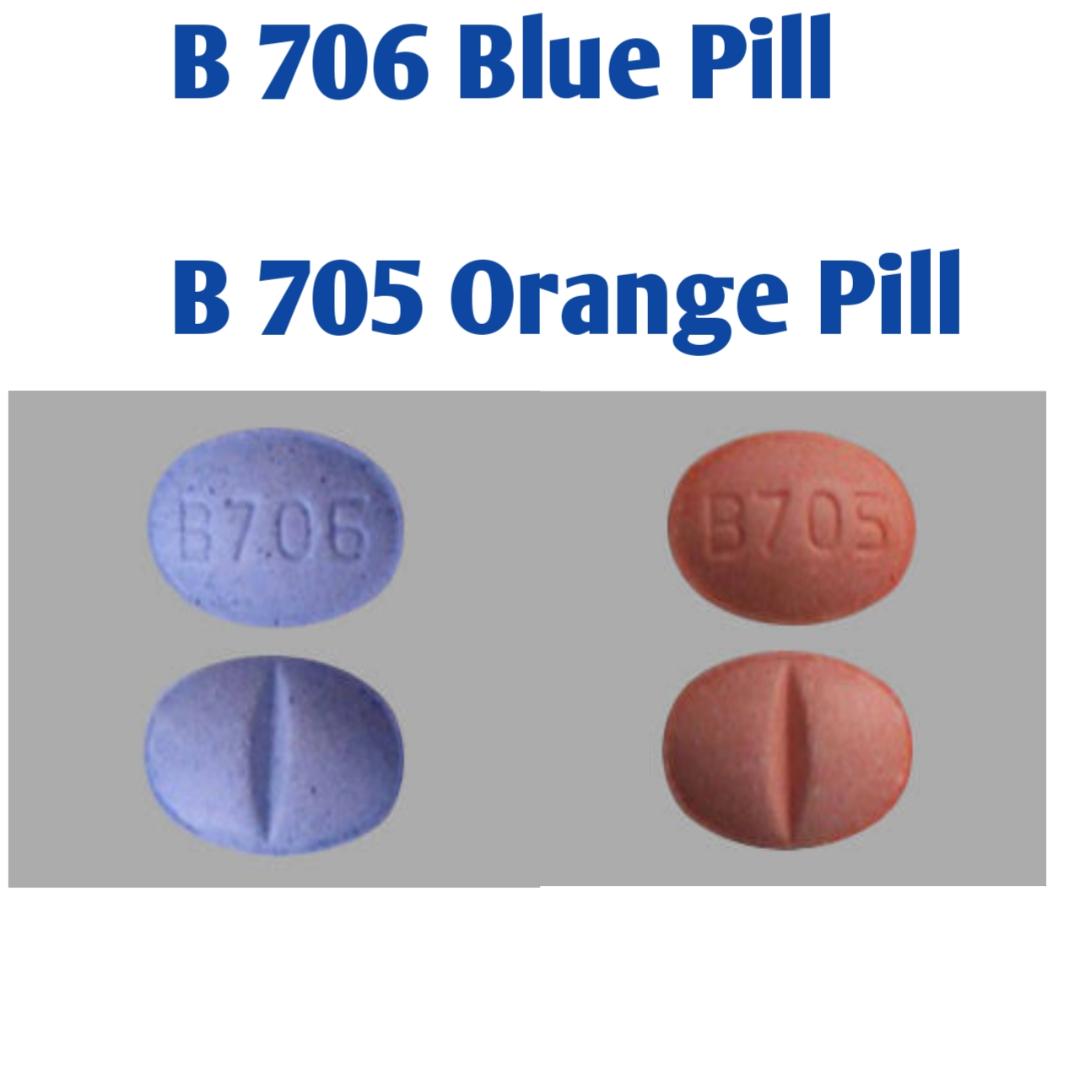

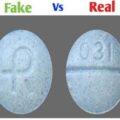
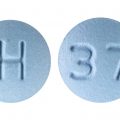
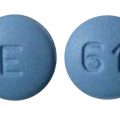
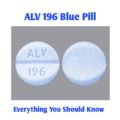
1 Comment